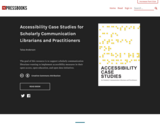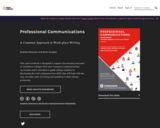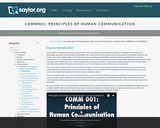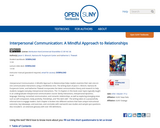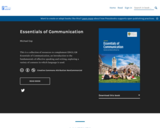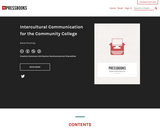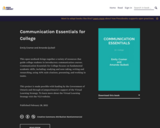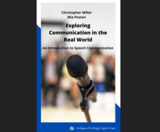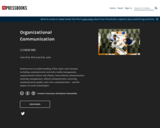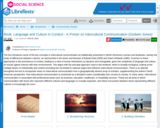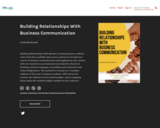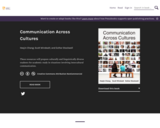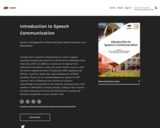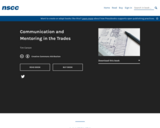Short Description:
Bringing together aspects of ethics, social and civil responsibility, advocacy and publics, this introductory textbook provides a new approach to communication theory and practice in the post truth era. In this book, students will examine fields that intersect with public interest frameworks to provide building blocks and strategies for effective communication. These include organisational listening, capacity building, partnerships and alliances, the role of social enterprises, the concepts of 'wicked problems' and 'discourse arenas', and the importance of participation and activism in generating democratic debate. The book examines social problems and interest conflicts that are faced every day - from environmental degradation to homelessness; public health to media power - and considers the positions of different publics and individuals in navigating the communication of public interest processes and outcomes.
Long Description:
‘What an amazing resource for students. The mixture of accessible and informative text, case studies, interactive activities, and more make this such an engaging read.’ Professor Kelly Fielding, University of Queensland
‘This book is an excellent resource for students, practitioners, and community organisations among others, which provides a comprehensive overview and deeper insights situating public interest communication in society.’ Assistant Professor Michele Clark, Bond University
‘Students will find Johnston and Gulliver’s book an excellent introduction to the theoretical debates around the concept of the ‘public interest’, an idea which is of central importance in ethics, democratic government, the law, and the notion of a ‘free press’.’ Dr Ian Somerville, University of Leicester
‘This is a fabulous introduction to key concepts in public interest communication. It untangles the notion of ‘publics’ and shows how theories of the public interest, the public sphere, and discourse arenas, among others, intersect with communication practice.’ Dr Skye Doherty, University of Queensland
‘This book shines a spotlight on the strategic value and purpose of communication by showing its centrality to finding solutions. While addressing action as well as theory, it goes beyond the usual tactical-level discussion to focus on the context in which communication contributes to society.’ Dr Leanne Glenny, University of South Australia
Word Count: 22869
ISBN: 978-1-74272-359-4
(Note: This resource's metadata has been created automatically by reformatting and/or combining the information that the author initially provided as part of a bulk import process.)

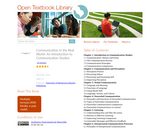
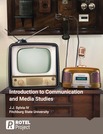
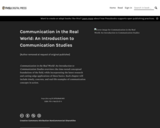


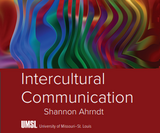
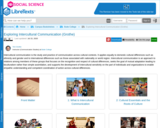

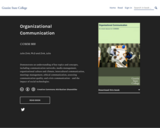
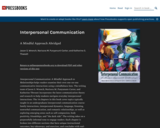
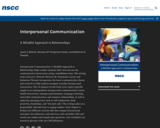

![Speech Analysis Paper [Communication Studies]](https://img.oercommons.org/160x134/oercommons/media/upload/materials/screenshots/materials-course-280902.png)
